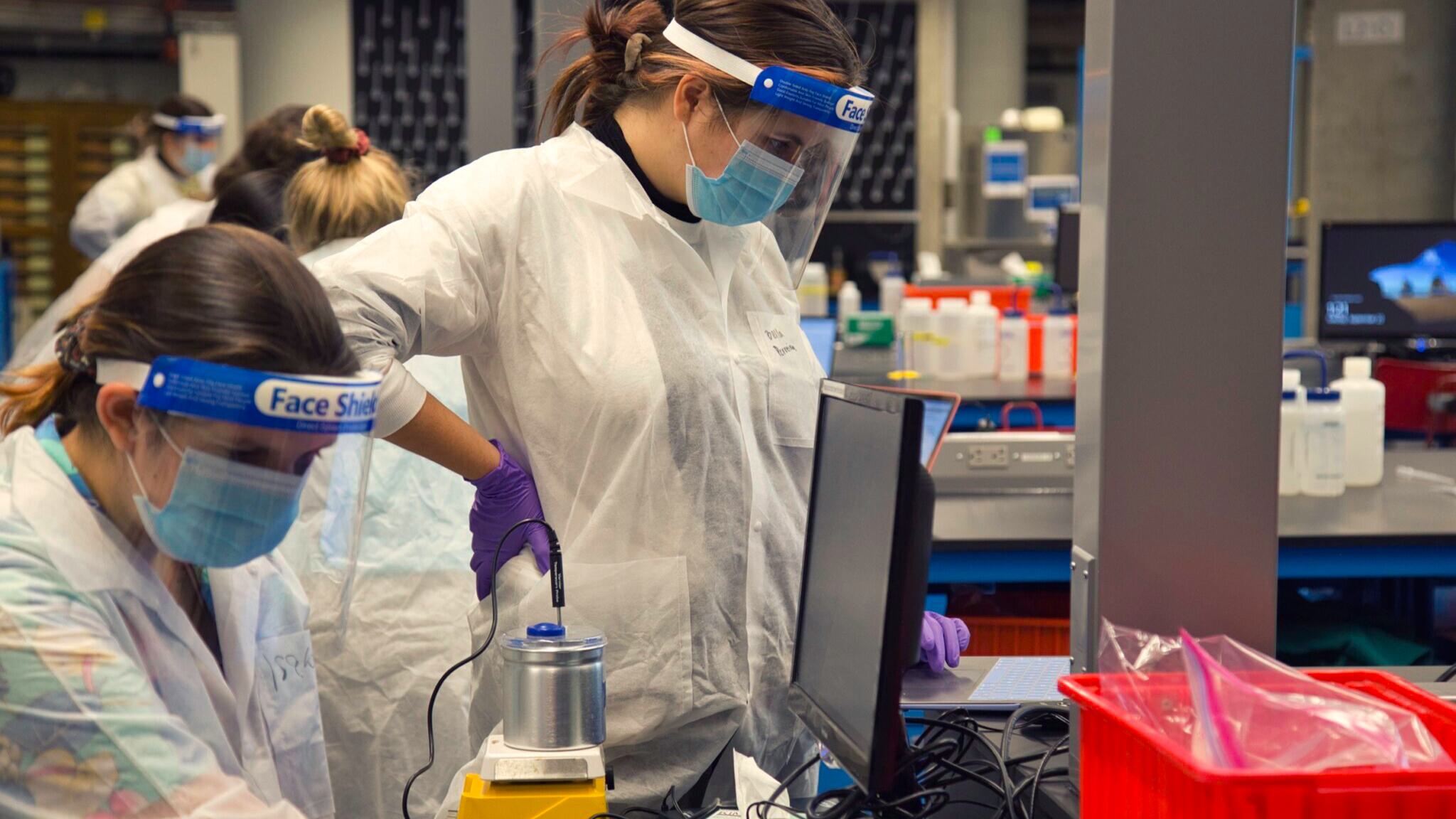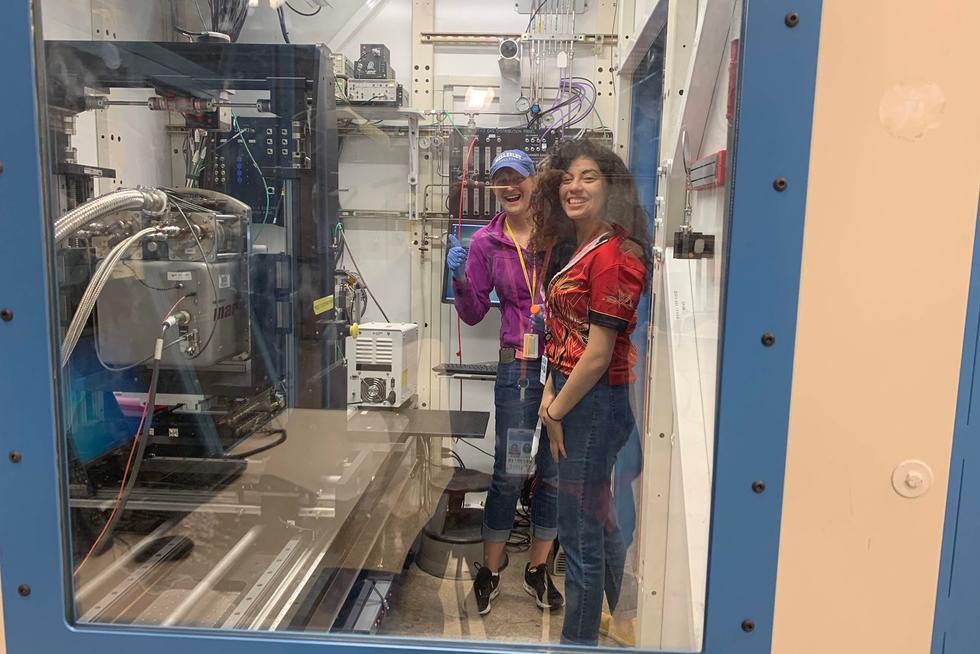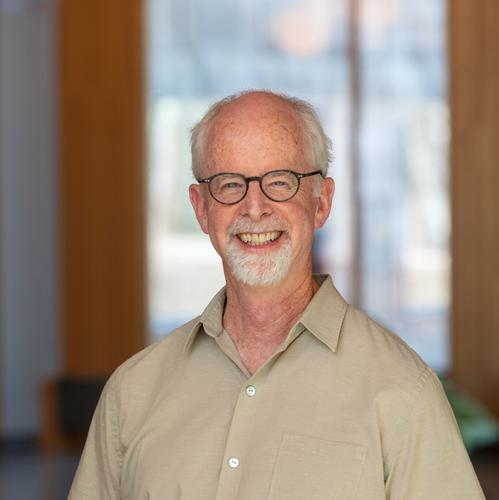Chemical Physics
Academic Program Introduction
Drawing upon aspects of chemistry and physics, we study the structure and properties of atoms, molecules, and materials. The major offers a richer foundation in physics than the standard chemistry major and significantly more experience in experimental and theoretical chemistry than the usual physics major. Core elements of both chemistry and physics inform our experimental, theoretical, and modeling work.
The overarching goal of the major is to apply the quantitative methods usually associated with physics to systems of chemical interest. These systems range in size and complexity, from atomic nuclei to biological molecules and nanomaterials.
Learning goals
Develop solid foundations in, and reliable facility with, the principles of chemistry and physics. Recognize the physical situations each field is suited to address and the interconnections between the two fields.
Develop the ability to integrate concepts and techniques from chemistry and physics in the context of interdisciplinary problems associated with systems ranging from atomic nuclei to biological molecules.
Develop strong quantitative skills and facility with the mathematical and computational techniques at the center of modern science and learn to apply those skills in problem-solving contexts in chemistry and physics.
Gain experience with laboratory practices throughout the curriculum with an emphasis on applying the scientific method, learning the skills of thoughtful experimental design, and exploring independent experimentation.
Programs of Study
Chemical physics major
Students will be prepared for postgraduate study and/or public/private sector employment in fields informed by the principles and methods of chemistry and physics.
Course highlights
Experimental Physics
PHYS310
Modern experimental physics draws on a wide range of laboratory skills, design strategies, and analysis techniques. The experimentalist approaches each measurement with an array of tools, from the effective use of sophisticated instrumentation and the construction of home-built equipment to the evaluation of experimental uncertainties. This course offers a comprehensive introduction to experimental physics as it is carried out in research settings. The experiments illustrate the use of electronic, mechanical, and optical instruments to investigate fundamental physical phenomena in nuclear, atomic, molecular, and condensed matter systems. Scientific writing skills and oral presentation skills receive focused attention. An emphasis on independent work is gradually developed throughout the semester. This course is strongly recommended for students planning to attend graduate school in physics.
Places and spaces
Located in the Science Complex, we utilize chemistry and physics labs, multimodal classrooms, and a broad and advanced set of instruments, many of which are most often used in graduate-level study.

Research highlights
-

In Professor Rebecca Belisle’s lab, students synthesize and investigate lead halide perovskites to understand the limits of their performance as solar cells. Their work focuses on the study of the fundamental properties of these novel semiconductors and how those properties relate to solar cell device performance.
-

Students in the Radhakrishnan Lab develop, analyze, and apply computational tools to better understand how biological molecules interact and to design novel interactions. Doing so can help in the design of novel therapeutic molecules to treat disease
Beyond Wellesley
Beyond Wellesley
Our chemistry and physics graduates work in a variety of fields, including biotech, the pharmaceutical industry, medicine, engineering, academia, and government. Chemical physics majors are prepared for these industries as well as master’s and doctoral studies. Recent graduates have attended the University of California, Berkeley, Stanford, the University of Chicago, Harvard, and the University of New South Wales (Sydney).

